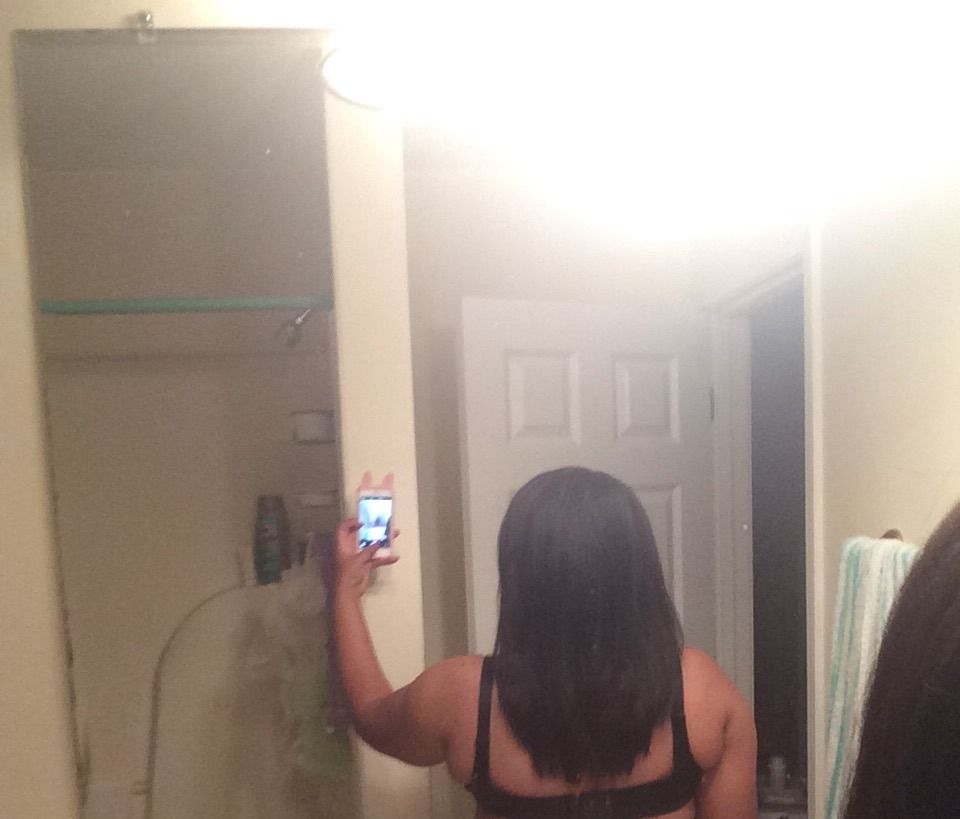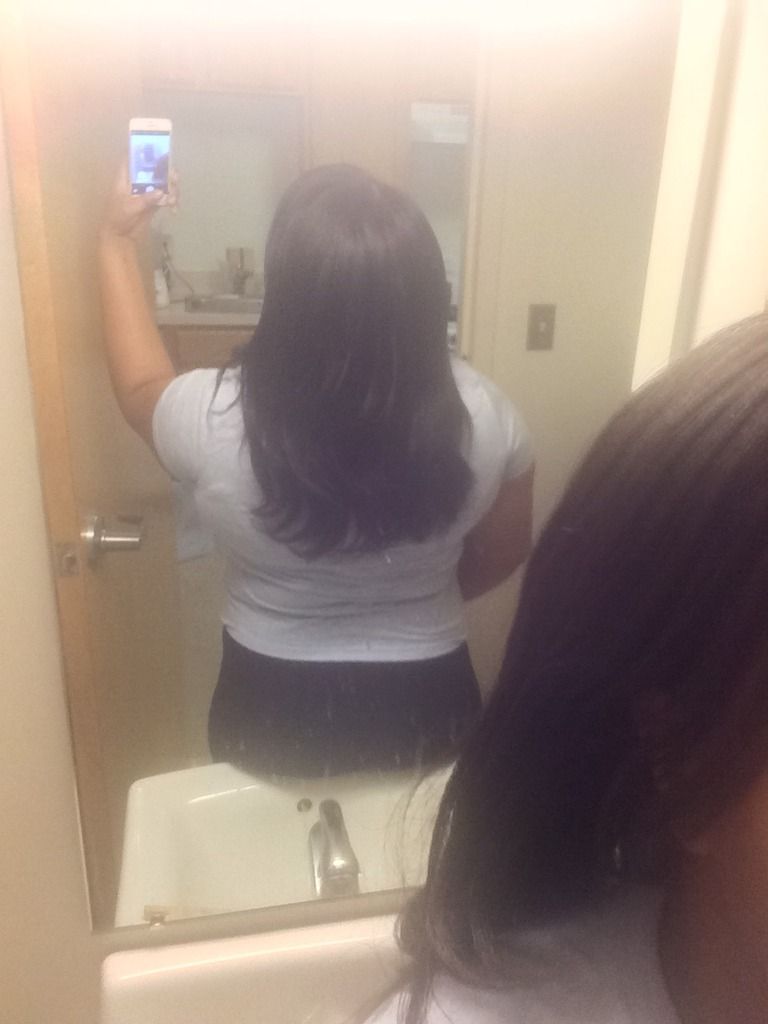trclemons
Well-Known Member
- Pre-poo'd overnight with Jakeala's Coconut Hair Milk & EVCO.
- DC'd under heat cap for an hour with Kanechom Chocolate.
- Shampoo'd with TJ Tea Tree Tingle, CW'd with HQ Lime, Reconstructed with K. Moore Growth & Repair, Rinsed out 80% ACV & TGIN Replenishing.
- LCS'd with L = Coco Cream 1000 Flowers; C = Cozy Moments Banana Coconut; S = Design Essentials Mousse.






 . It looks BSL in the last pic, but it's actually past my brastrap.
. It looks BSL in the last pic, but it's actually past my brastrap.




 .
.